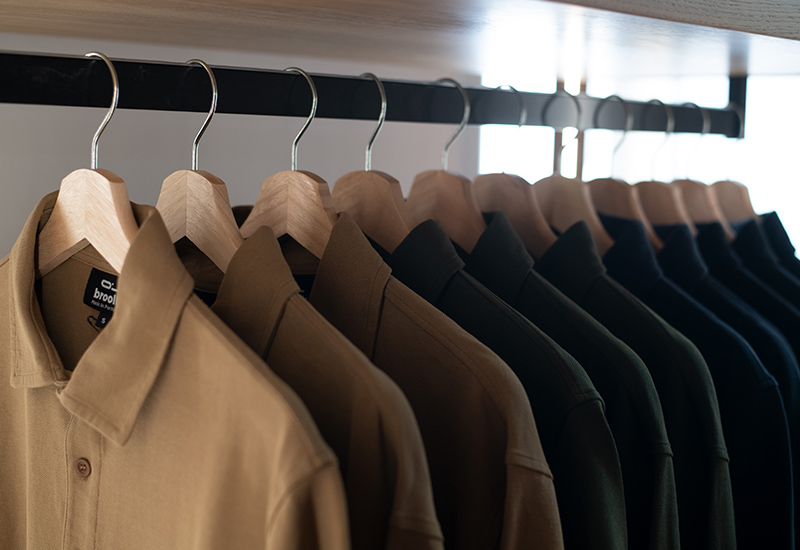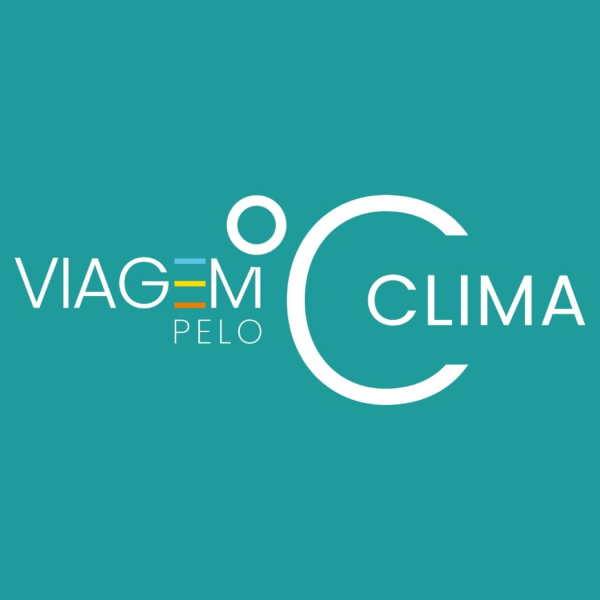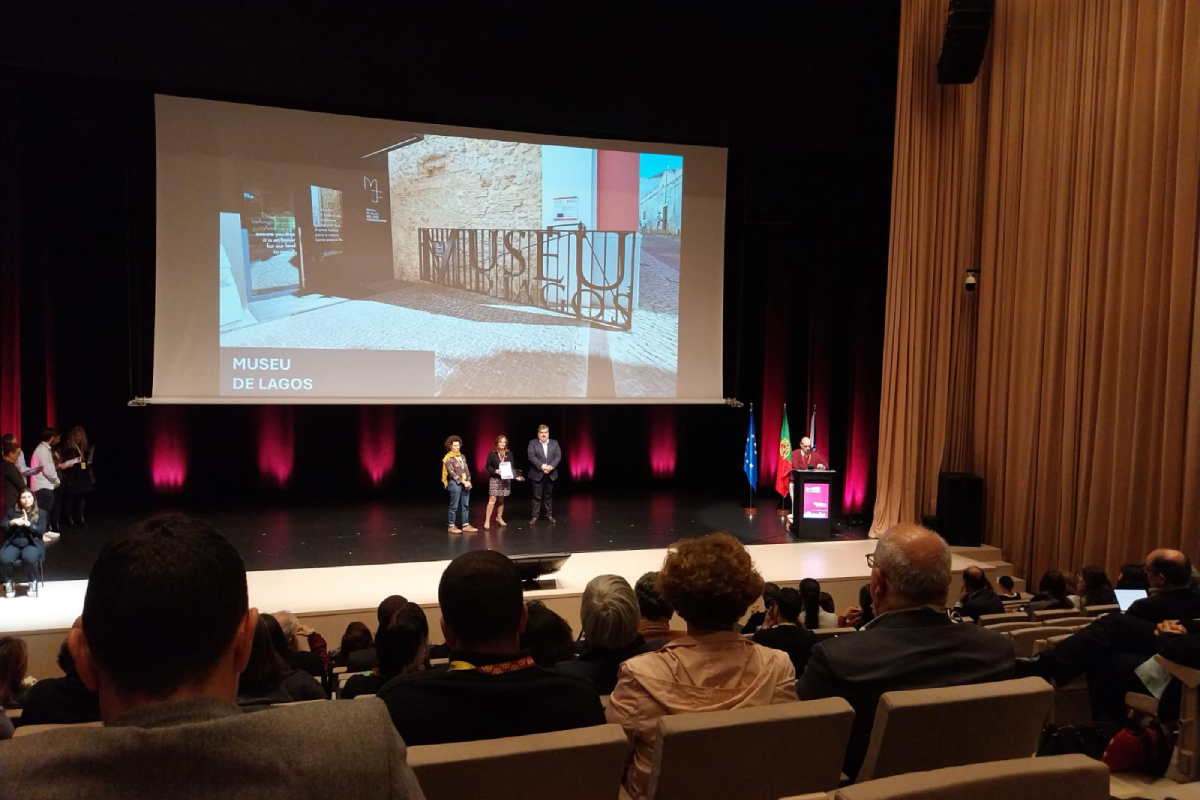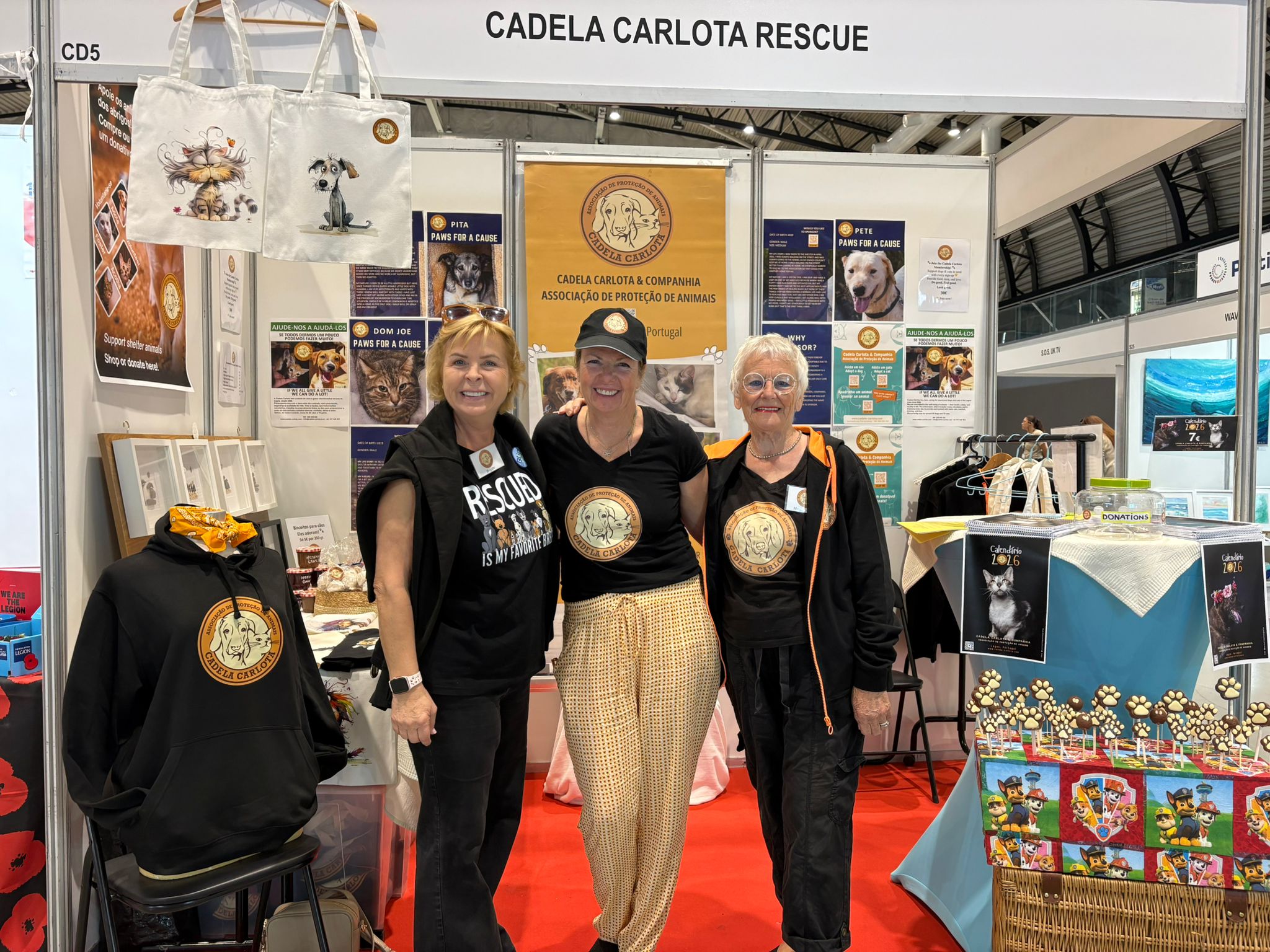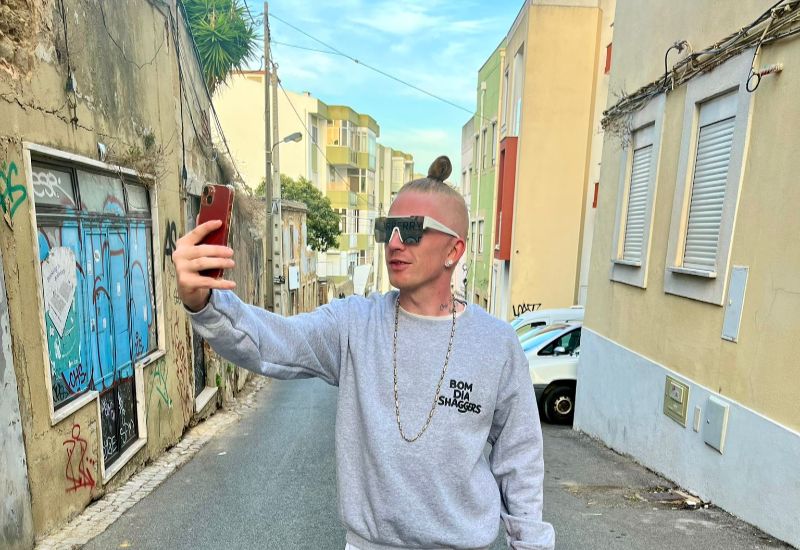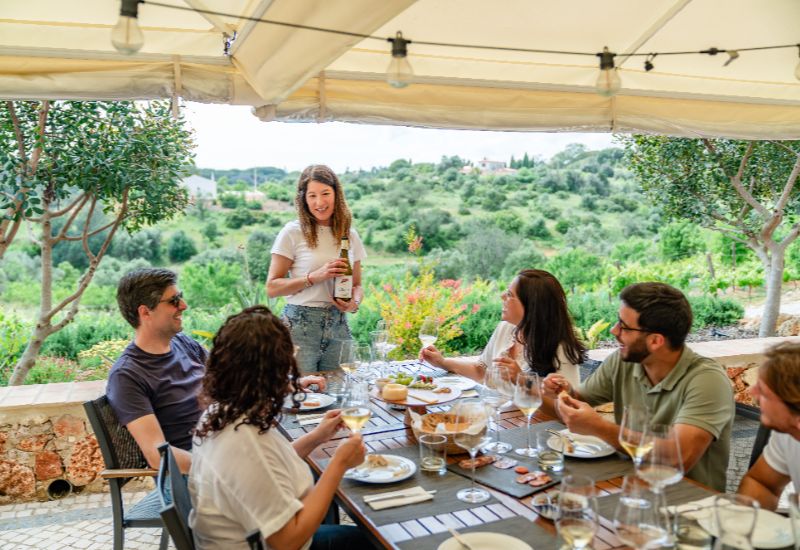Did you know that Portugal is one of the few countries in the European Union that didn’t abandon its textile industry? Today, it continues to uphold an exceptional standard in the fabrics it produces.
While many European countries saw their textile industries disappear to low-cost markets, Portugal took a different path. It invested in innovation, quality and sustainability, ensuring that ‘Made in Portugal´ became a byword for excellence.
Today, national and international brands increasingly turn to Portuguese factories, and the figures speak for themselves. In 2023, the Netherlands imported €194 million worth of Portuguese clothing – a growing trend since 2019. Today, the textile industry is a cornerstone of the national economy, accounting for around 7% of the country’s exports and employing over 123,000 people. The north of Portugal is home to a large part of the country’s textile industry. Some factories have invested in innovation, while others keep tradition and generations of know-how alive.
The resilience and vision of the Portuguese industry stand out on the European stage, yet it still faces tough competition. Countries with labour and environmental standards far below today’s global expectations continue to lead the way, producing at unrealistically low prices.
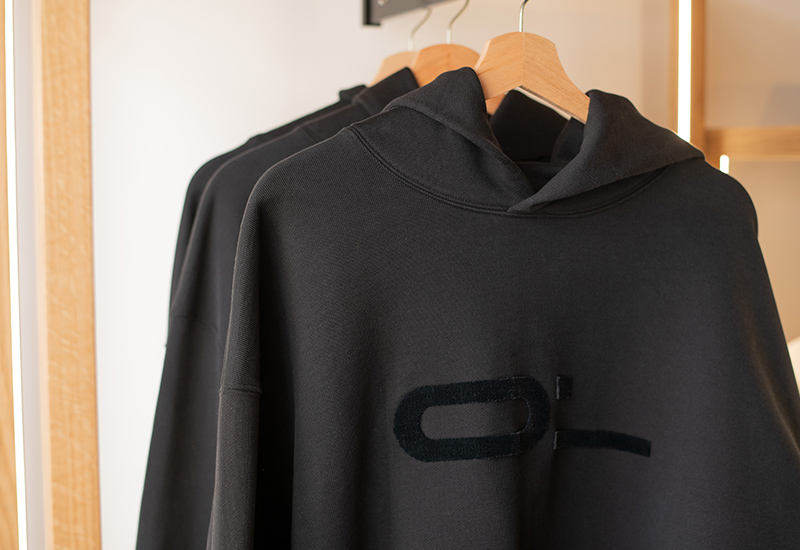
Linen plays a prominent role in the Portuguese textile industry, particularly in home decor. Several specialised companies have made a name for themselves by producing high-quality linen bedding and tableware, winning over demanding markets such as Switzerland, Sweden, Spain, the United Kingdom and the United States. This international recognition positions the Portuguese home textile industry in the mid to high-end segments, a reputation further strengthened by the regular presence of national brands at international trade fairs such as Heimtextil in Frankfurt.
A legacy of quality
This industry still carries the legacy of traditional fabrics such as Portuguese linen, Chita de Alcobaça and burel.
Chita de Alcobaça boasts a history that dates to the time of the Portuguese Discoveries. Although the name suggests it originated in Alcobaça, production of this fabric in the city only began in the 18th century, so its name remains a mystery. The Royal Cotton Weaving Factory of Alcobaça (Real Fábrica de Tecidos de Algodão de Alcobaça) specialised in producing white fabrics, such as handkerchiefs and cambric, decorated later with patterns of flowers, fruits and animals. These designs drew inspiration from fabrics historically imported from India and Persia during the Age of Discovery.
Burel is a hard-wearing fabric, traditionally worn by the shepherds of Serra da Estrela to shield themselves from the cold and rain. Made from the wool of Bordaleira and Churra Mondegueira sheep, this thick, coarse material had almost fallen into disuse. However, in 2010, a brand took the initiative to revive it, successfully turning it into a mark of quality in Portugal and abroad. The brand not only brought burel into fashion but also used it in home textiles and even footwear. Today, burel is a fabric with countless possibilities, increasingly valued for its durability and quality. Its versatility has opened new markets and captured the imagination of designers and artisans alike.
Innovation and investment
The key to the success of Portuguese textiles lies not in mass production but in the ability to produce with excellence, standing out through quality, innovation, premium materials, sustainability and technology. These elements have attracted brands from all over the world to invest in domestic production.
A clear example is the Portuguese brand Broolls, which recently invested in the clothing and accessories market, whose products are entirely produced in Portugal. They started with a collection of handmade sunglasses and have since expanded their portfolio to include bags, t-shirts, hoodies and caps, all bearing the seal of Portuguese quality.
The Mar d’Estórias space was chosen as the prominent stage for the launch of Broolls’ new products, symbolising not only their trust in the quality of domestic production but also their commitment to differentiation and design. Broolls is an example of how it is possible to create a promising future in the national textile industry.
mardestorias.com
+351 282 792 165


